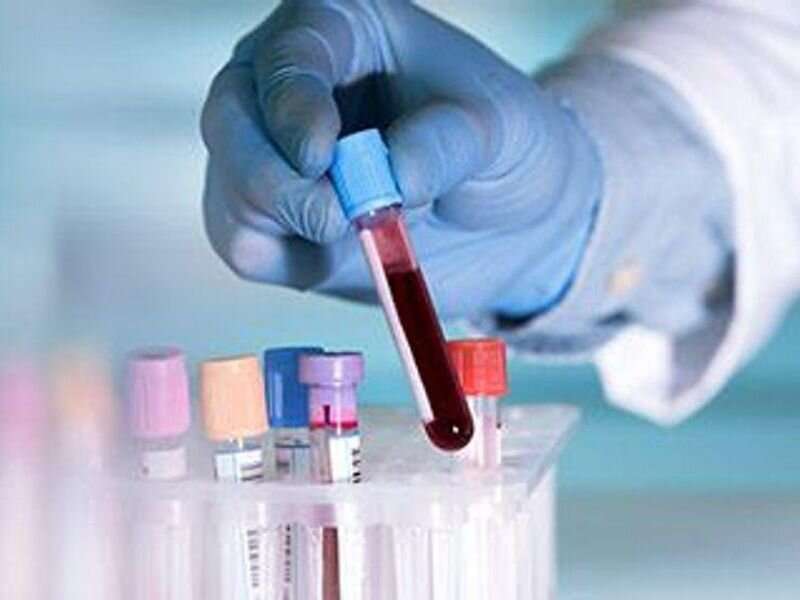
(HealthDay)—A serum protein biomarker panel can differentiate patients with early inflammatory arthritis with psoriatic arthritis (PsA) from those with rheumatoid arthritis (RA), according to a study recently published in Arthritis & Rheumatology.
Angela McArdle, Ph.D., from University College Dublin in Ireland, and colleagues interrogated the serum proteome of patients with PsA and patients with RA using nano-liquid chromatography mass spectrometry (nano-LC-MS/MS), an aptamer-based assay (SomaScan) targeting 1,129 proteins, and a multiplexed antibody assay (Luminex) for 48 proteins (64, 36, and 64 patients, respectively). The performance of putative markers was evaluated using multiple reaction monitoring (MRM) assays developed using the discovery cohort (60 patients) and an independent cohort of 167 PsA and RA patients.
The researchers found that PsA patients could be differentiated from RA patients using multivariate machine learning analysis of the protein discovery data from the three platforms, with an area under the curve (AUC) of 0.94, 0.69, and 0.73 for nano-LC-MS/MS, bead-based immunoassay measurements, and aptamer-based analysis, respectively. A subset of proteins measured by MRM could differentiate PsA from RA with AUCs of 0.79 and 0.8, in the separate verification and evaluation studies, respectively.
“It is increasingly evident that making an accurate diagnosis is important in order to determine which therapeutic strategy to adopt to optimize clinical and radiographic outcomes,” the authors write. “We believe that with further development it will be possible to establish a diagnostic test for PsA that will reduce diagnostic delay, inform treatment selection, and improve both short-term and long-term outcomes.”
Source: Read Full Article
